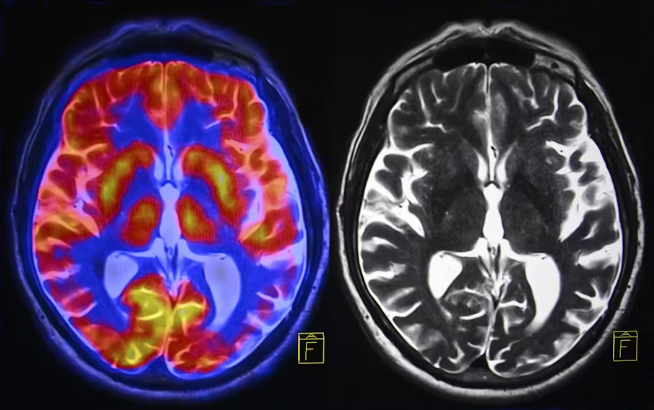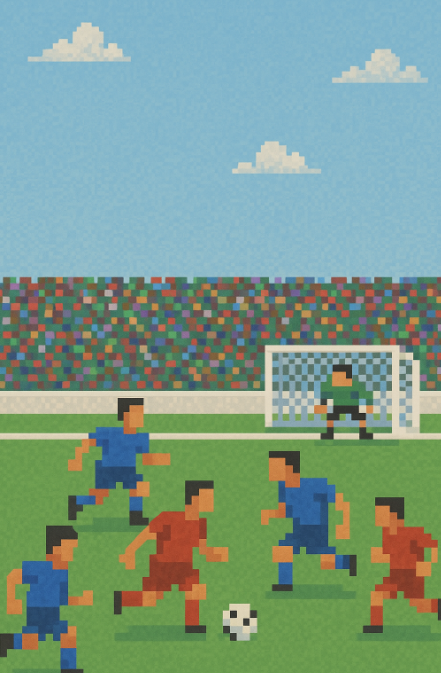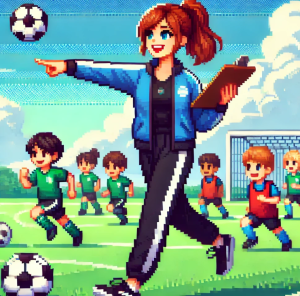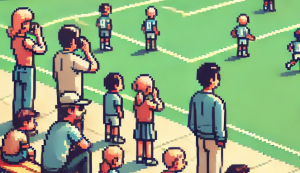
The Science Behind Soccer’s Magic Hold on You
Ask any coach, player, or club leader why soccer matters, and you’ll get answers about passion, teamwork, and love for the game. But dig deeper, and science reveals something even more fascinating: soccer’s magic comes from how it taps into our brain’s reward systems, ancient rituals, and social instincts.
A new study takes an evolutionary neuroscience approach to soccer fandom, and the insights aren’t just about fans—they can help shape better training, healthier players, and stronger clubs.
Goals, Dopamine, and Motivation
Soccer is a low-scoring sport—and that’s a feature, not a bug. Because goals are rare, they create massive dopamine spikes in the brain, the same chemical rush that comes from winning a prize or hearing great news.
From a coaching perspective, this unpredictability is a gift. Players stay motivated because the reward isn’t guaranteed—it’s the chance of scoring that keeps them pushing. That same principle can be applied in training:
Practical Tip for Coaches
- Design drills with unpredictable rewards—for example, varying point values for certain plays—to keep players engaged.
- Use small-sided games with surprise rule changes to mimic the mental stimulation of match unpredictability.
Matchday as Ritual—And Why It Matters
The research shows that matchdays aren’t just games; they’re rituals. From singing chants to wearing team colors, these repeated actions trigger endorphin release, reduce anxiety, and build strong group bonds.
For players and clubs, ritual can be a powerful tool:
- Pre-game team rituals (like a shared chant or handshake) can reduce nerves and foster unity.
- Community traditions—even at the youth level—create a sense of belonging that keeps players and families invested long-term.
Think of it as your club’s cultural glue: the stronger the shared traditions, the more resilient the group.
The Social Brain and Team Identity
Humans are wired to form “ingroups”—tight social circles where we feel a strong sense of loyalty. In soccer, this translates to deep club identification. Players who feel bonded to their team will often “double down” after a loss, working harder for the group.
For Club Development:
- Foster identity fusion by encouraging players to see themselves as part of the team’s story—sharing past victories, challenges, and defining moments.
- Build cross-age mentorship within the club to strengthen bonds and pass down traditions.

Coach’s Quick-Action Sidebar: Science-Backed Boosters for Training & Team Culture
1. Unpredictability Drills (Reward & Motivation)
- Surprise Scoring: Assign random point values (1–3) to goals before each round—players only find out the value after they score.
- Mystery Rule Switch: Midway through a drill, change a rule (e.g., goals only count off one touch) to keep players alert.
2. Pre-Game Rituals (Anxiety Reduction & Bonding)
- Signature Team Huddle: Develop a chant or word that every player shouts together before stepping on the pitch.
- Symbolic Action: Pass around a small team token (like a mini ball or coin) before kickoff—last player holds it until final whistle.
3. Identity-Building Activities (Ingroup Strengthening)
- Legacy Moments: Show short clips or photos from past club highlights before big games.
- Mentor Match-Ups: Pair older and younger players for warm-ups or skill demos each week.
4. Post-Loss Recovery Routine (Resilient Passion)
- Three Positives Rule: Every player shares three things the team did well, no matter the scoreline.
- Controlled Vent & Reset: Give 2 minutes for emotional release (talking, venting), then shift to solution-focused discussion.
5. Community Connection Plays (Wellbeing & Inclusion)
- Family Match Night: Once a month, run a fun mixed-age scrimmage with parents, siblings, and friends.
- Open Club Day: Invite non-members to join training sessions—emphasize social and mental benefits of soccer.
Managing the Dark Side of Passion
The study also notes that strong identity can have downsides—over-identification can lead to burnout, aggression, or mood drops after losses. Coaches and leaders should:
- Normalize healthy emotional regulation after defeat.
- Create post-loss routines focused on recovery and learning rather than blame.
This not only protects mental health but keeps passion for the game sustainable.
Soccer as a Mental Health Ally
One of the paper’s bold ideas is that soccer could be “prescribed” for mental wellbeing. While the evidence is still emerging, there’s strong support for the social and physical benefits of the sport—especially for inclusion, belonging, and stress relief.
For community clubs, this is a key opportunity:
- Position programs as more than competition—emphasize social connection, fitness, and joy.
- Partner with schools or local health initiatives to reach new players who may benefit most.
Actionable Takeaways for Coaches & Clubs
- Leverage Unpredictability: Use training games with surprise elements to mimic the brain’s love for unpredictable rewards.
- Build Rituals: From youth warm-up chants to senior team traditions, create repeated actions that foster unity and reduce anxiety.
- Strengthen Identity Fusion: Share the club’s history, values, and symbols to help players feel part of something bigger.
- Encourage Resilient Passion: Teach emotional recovery strategies after losses to avoid burnout.
- Promote Wellbeing Through Soccer: Position your club as a space for mental and social health, not just competition.
Your Turn to Kick It Off
What rituals or traditions does your team have that bring everyone together?
How could you build unpredictability into training to keep motivation high?
Do you see your club as part of your community’s mental health support system?
Share your thoughts in the comments or on social media—and let’s keep building the game on and off the pitch.



